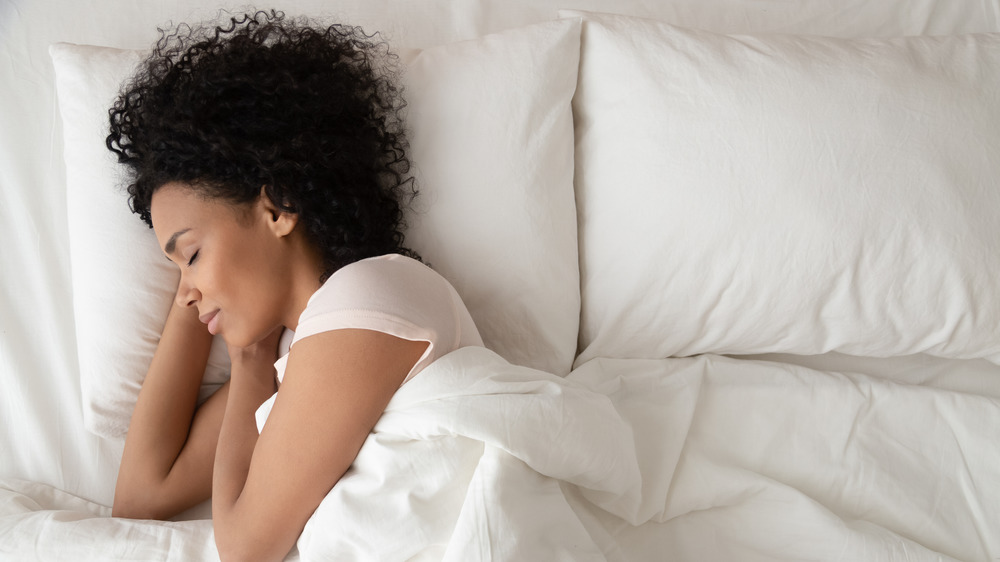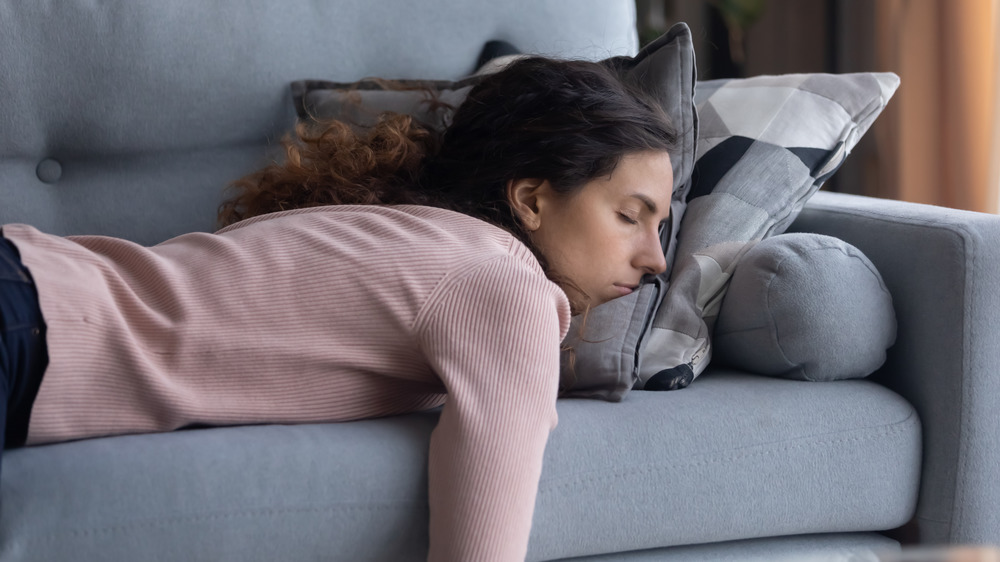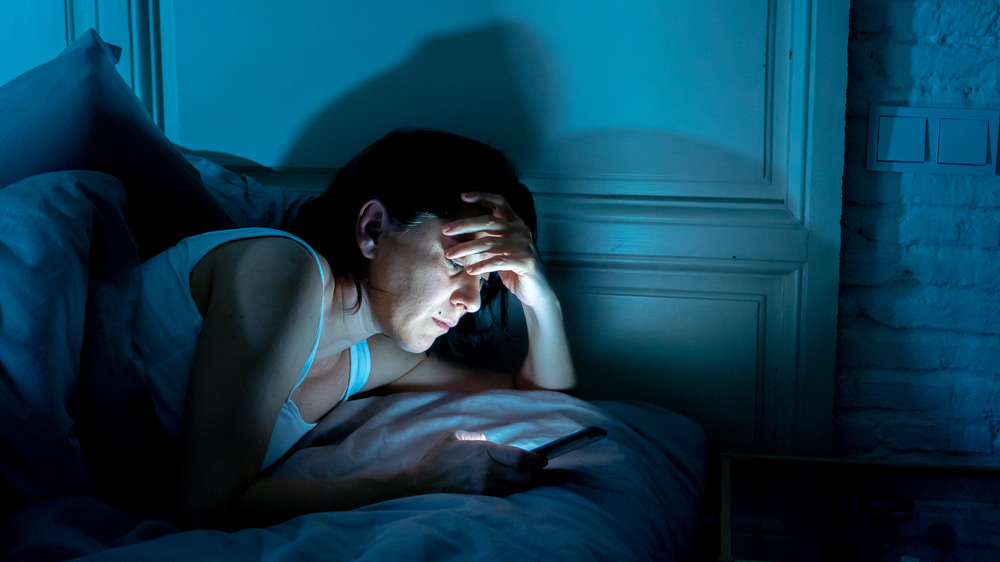Sleeping Well Could Lower Your Risk Of Heart Attacks
We've all heard how eating right and exercising is good for your heart, but if you struggle with those healthy habits from day to day, just hit the hay. A new study published in an American Heart Association (AHA) journal shows that adults with the healthiest sleep patterns reduce their risk of heart failure by 42 percent! Not bad for just nodding off.
The study followed roughly 408,000 participants in the United Kingdom ages 37 to 73 during the initial recruitment period of 2006 to 2010. Researchers collected data on their sleep behaviors — including insomnia, duration, daytime sleepiness, and snoring — via a touchscreen questionnaire. They also noted whether the participants were naturally early risers or night owls, and followed up with them for a median of 10 years.
Although none of the participants had reported experiencing heart failure before they joined the study, researchers found 5,221 cases of heart failure during the follow-up period. They adjusted the data for other risk factors of heart failure such as medication use, hypertension, diabetes, and genetic variations before noting the correlation between healthy sleep patterns and a healthier heart (via the American Heart Association).
"Our findings highlight the importance of improving overall sleep patterns to help prevent heart failure," corresponding author Lu Qi, M.D., Ph.D., professor of epidemiology and director of the Obesity Research Center at Tulane University in New Orleans, said in a statement.
Erratic sleep and too much sleep aren't good for your heart, either
Heart failure affects more than 26 million people worldwide, the study notes. The healthiest sleep patterns included sleeping between seven to eight hours a day with no frequent insomnia, snoring, or excessive daytime sleepiness. The researchers also found individual correlations between certain habits and the risk of heart failure; for instance, people who were naturally early birds had a heart disease risk of 8 percent lower than people with unhealthy sleep patterns.
Health professionals agree that getting the right amount of sleep can significantly affect your health. Too much sleep isn't good for you, either. "It turns out the average human being needs about 7 and 1/4 hours of sleep per night," Dr. Steven H. Feinsilver, director of the Center for Sleep Medicine at Lenox Hill Hospital in New York City, told Healthline. He cited studies from the National Institutes of Health that showing that "people who get a lot less than that, or a lot more than that, die faster."
One reason why poor sleep affects your heart health is because your blood pressure is lower when you sleep, added Dr. Sreenivas Gudimetla, a cardiologist at Texas Health Harris Methodist Hospital in Fort Worth. People who have sleep problems have higher blood pressure for longer periods of time, creating a risk factor for cardiovascular disease, he said.
Can't doze off? Try these tips to unwind before bed
Everyone tosses and turns at night once in a while. If you consistently have trouble sleeping, talk to your doctor to identify any underlying cause. For the occasional restless night, try these suggestions from the Mayo Clinic. First, go to bed and get up at the same time every day to train your body to stick to a schedule. Avoid heavy meals, alcohol, caffeine, or nicotine a few hours before bedtime; they can cause discomfort or too much stimulation.
Limit daytime naps, and spend time outside each day for some regular physical activity. Before bed, wind down by setting aside your smartphone, taking a bath, using relaxation techniques — whatever works to cue your body it's time to rest. If your mind won't stop racing, jot down your thoughts to set them aside for tomorrow. A cool, dark bedroom tends to be a restful environment, so check out whether using a fan, room-darkening shades, or a sound soother helps. Lastly, if you don't drift off to sleep within about 20 minutes, leave your bedroom for about that length of time to read or listen to soothing music, then go back to bed.



